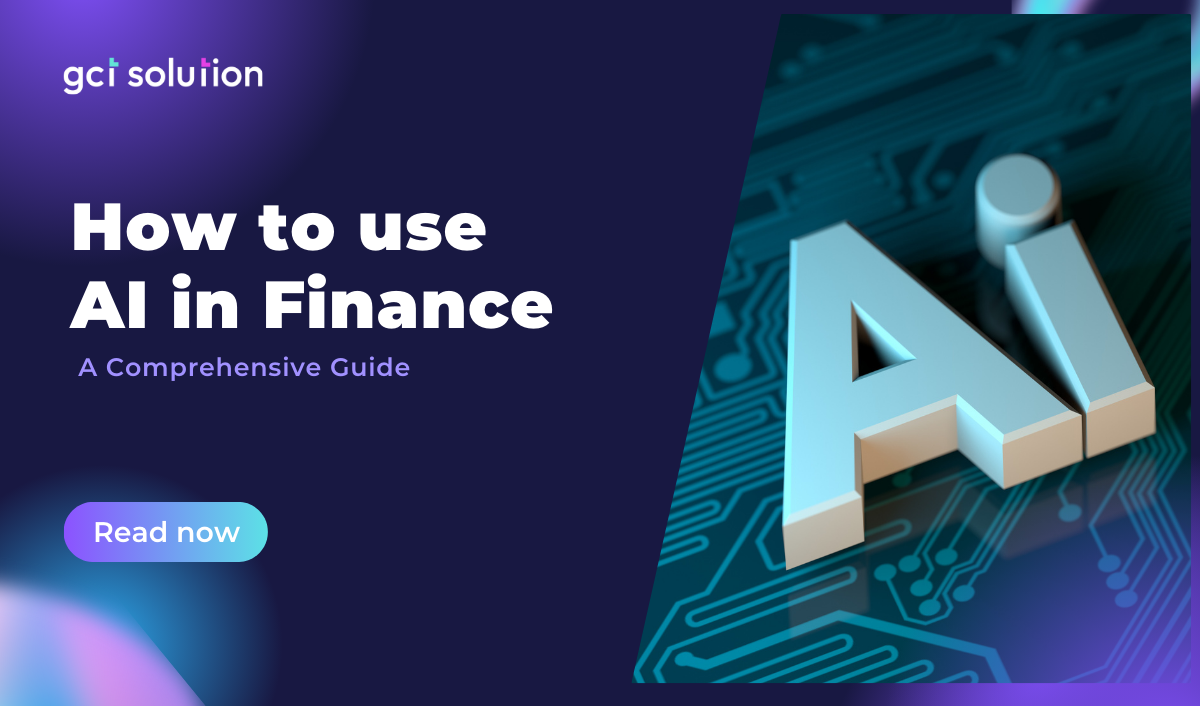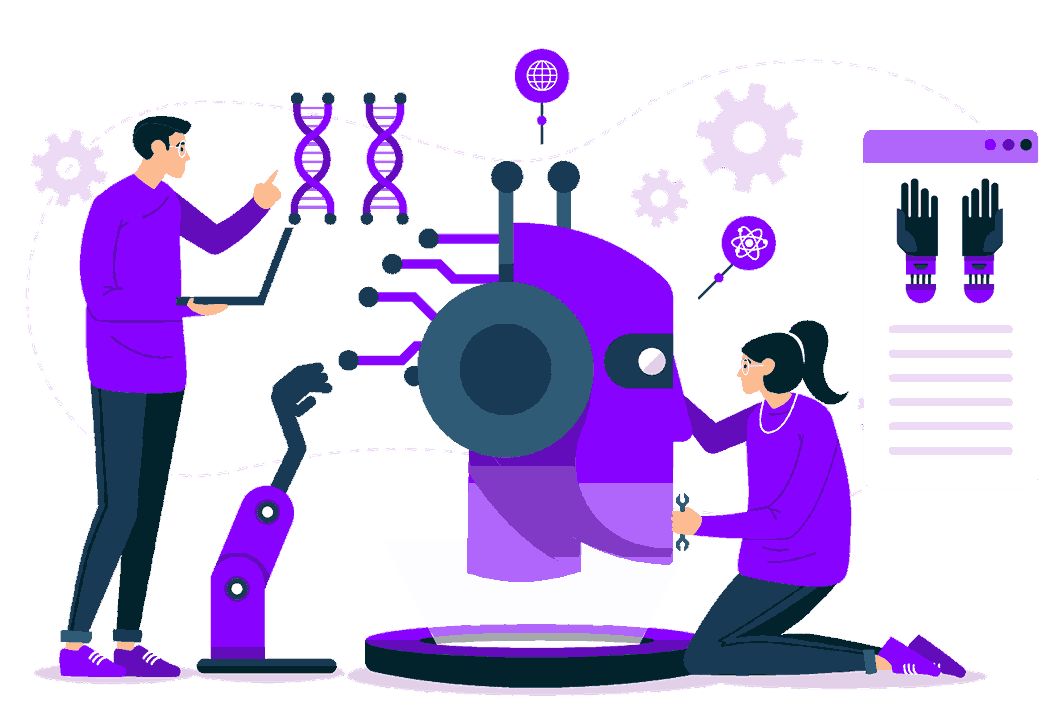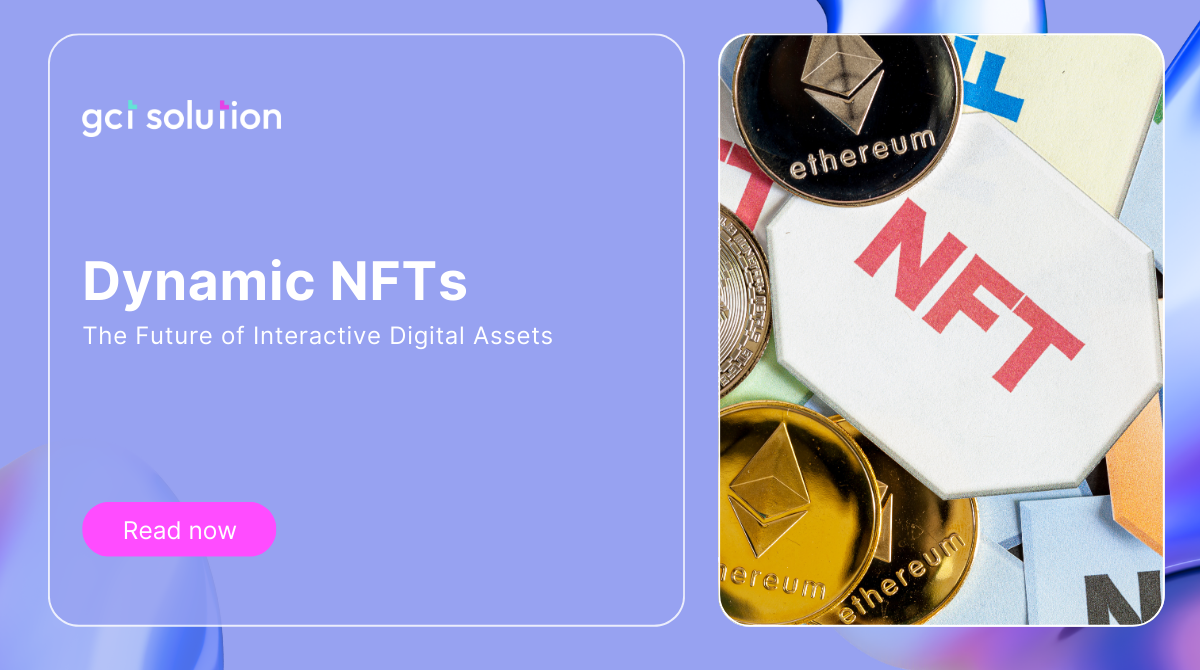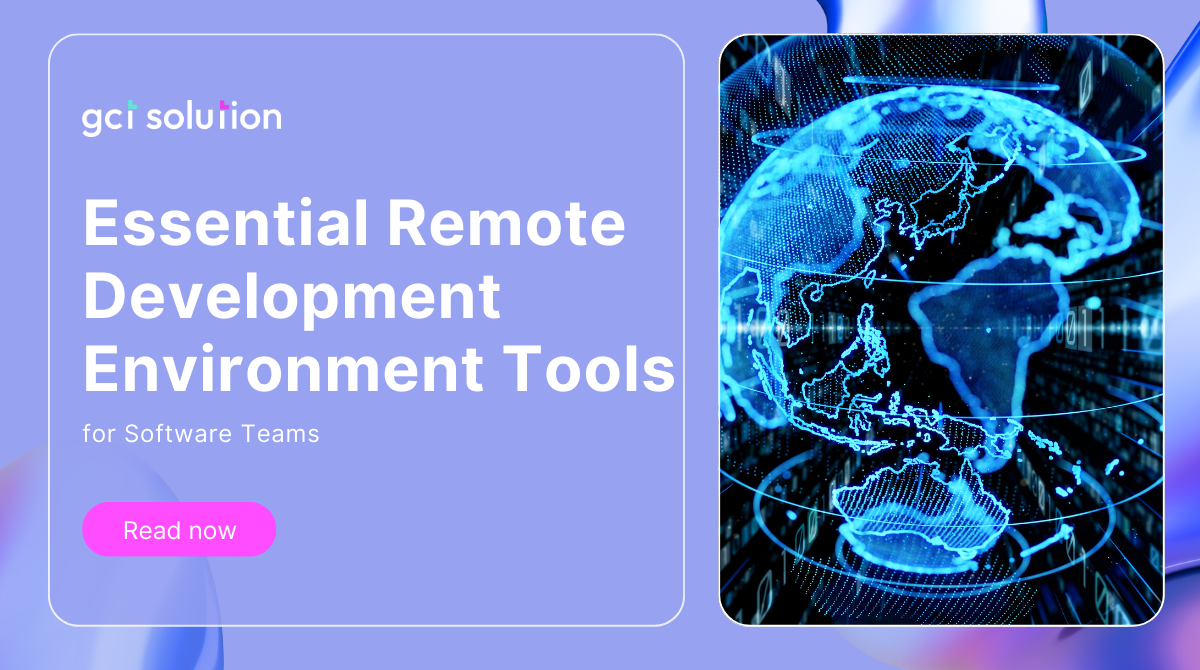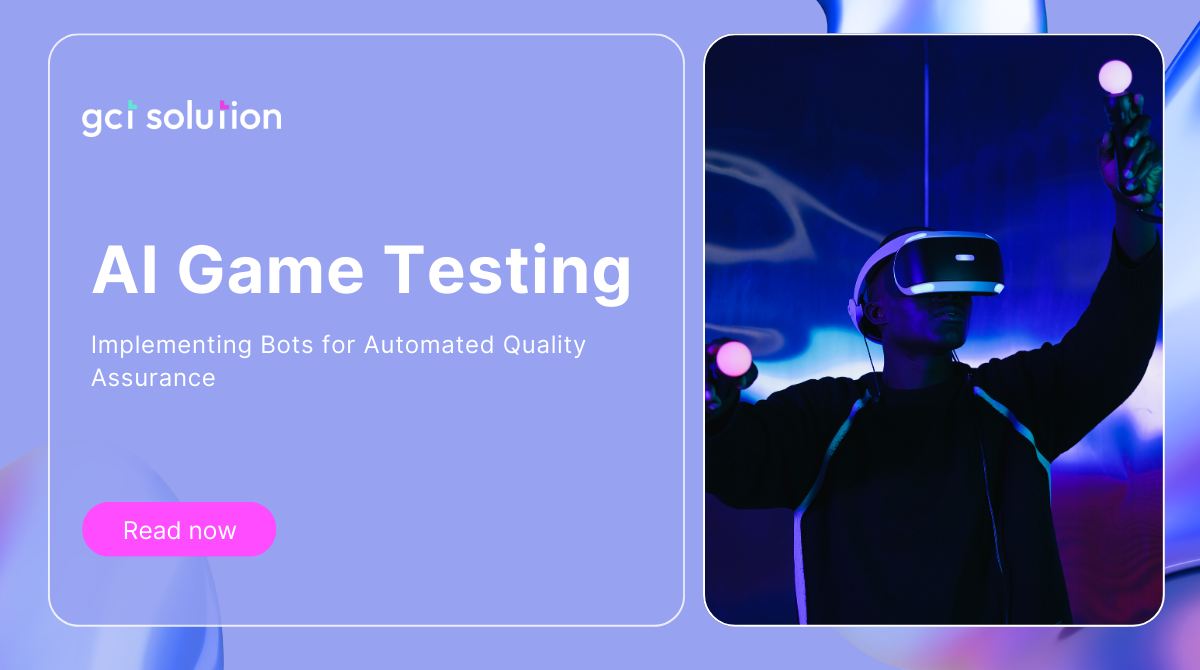How to Use AI in Finance: A Comprehensive Guide
Artificial Intelligence (AI) is transforming industries worldwide, and finance is no exception. Understanding how to use AI in finance can provide you with a competitive edge, streamline operations, and enhance decision-making. This comprehensive guide will help you navigate the integration of AI into your financial strategies.
Understanding AI in Finance
Definition of AI
AI, or artificial intelligence, refers to the simulation of human intelligence processes by machines, especially computer systems. These processes include learning (the acquisition of information and rules for using the information), reasoning (using rules to reach approximate or definite conclusions), and self-correction. In finance, AI employs algorithms and machine learning to analyze data, predict trends, and automate processes.
You may also like this blog:
Artificial Intelligence vs Machine Learning: Why Are They Difference?
Importance of AI in Finance
The importance of AI in finance cannot be overstated. AI technologies help financial institutions process large volumes of data with high accuracy and speed. This capability translates into better risk management, improved customer service, and more efficient operations. By leveraging AI, you can access real-time insights, make more informed decisions, and ultimately, achieve better financial outcomes.
AI's ability to learn and adapt over time is particularly valuable in finance, where market conditions and consumer behavior are constantly evolving. By continuously analyzing data and refining models, AI systems can provide up-to-date insights and recommendations. This dynamic nature of AI makes it a powerful tool for navigating the complexities of the financial world.
AI Applications in Financial Markets
Algorithmic Trading

One of the most significant applications of AI in financial markets is algorithmic trading. By using AI algorithms, you can analyze massive datasets to identify trading opportunities and execute trades at optimal times.
- Speed and Efficiency: AI can process and analyze data much faster than humans, enabling high-frequency trading that takes advantage of minute price fluctuations. For instance, AI can analyze historical price data, news articles, and social media posts to predict price movements within milliseconds.
- Predictive Analytics: AI models can predict market trends and price movements based on historical data, news, and other relevant factors. These predictions help traders make informed decisions about when to buy or sell assets.
- Reduced Emotional Bias: AI-driven trading removes human emotions from the equation, leading to more rational and consistent trading decisions. Emotional trading can lead to impulsive decisions that may not align with long-term financial goals.
Algorithmic trading is not limited to large financial institutions. Individual traders can also leverage AI-powered trading platforms and tools to enhance their trading strategies. By integrating AI into your trading approach, you can improve your chances of achieving consistent returns and minimizing risks.
Risk Management
Risk management is another crucial area where AI is making a substantial impact. AI tools can assess and mitigate risks by analyzing various data sources and identifying potential threats.
- Credit Scoring: AI can evaluate credit risk by analyzing an individual's financial history, social media activity, and other unconventional data sources. This holistic approach provides a more accurate assessment of creditworthiness compared to traditional methods.
- Fraud Detection: AI systems can detect fraudulent activities by recognizing patterns and anomalies in transaction data. For example, AI can identify unusual spending patterns that may indicate credit card fraud.
- Market Risk Analysis: AI models can predict market risks by analyzing economic indicators, market sentiment, and other variables. These predictions help financial institutions take proactive measures to mitigate potential losses.
AI's ability to process and analyze vast amounts of data in real-time makes it an invaluable tool for risk management. By identifying potential risks early on, you can take appropriate actions to protect your financial assets and maintain stability in volatile markets.
AI in Personal Finance
AI-driven Financial Planning
AI-driven financial planning tools can help you manage your personal finances more effectively. These tools use machine learning algorithms to analyze your financial data and provide tailored advice.
- Personalized Recommendations: AI can offer customized financial advice based on your spending habits, income, and financial goals. For example, an AI-powered financial advisor might suggest specific investment options that align with your risk tolerance and long-term objectives.
- Budget Management: AI tools can help you track your expenses, suggest ways to save, and alert you about unusual spending patterns. By analyzing your spending habits, AI can identify areas where you can cut costs and optimize your budget.
- Investment Advice: AI-driven robo-advisors can recommend investment strategies that align with your risk tolerance and financial objectives. These platforms use algorithms to create diversified portfolios and automatically rebalance them based on market conditions.
AI-driven financial planning tools are designed to simplify the complexities of managing personal finances. By providing actionable insights and recommendations, these tools empower you to make informed decisions and achieve your financial goals.
Chatbots for Customer Service
In the realm of customer service, AI-powered chatbots are revolutionizing how financial institutions interact with their clients.
- 24/7 Availability: AI chatbots provide round-the-clock customer support, answering queries instantly and efficiently. This ensures that customers can access assistance at any time, without having to wait for human agents.
- Cost-Effective: Automating customer service with AI reduces operational costs and frees up human agents to handle more complex inquiries. Chatbots can handle routine tasks such as balance inquiries, transaction history, and account updates, allowing human agents to focus on higher-value interactions.
- Enhanced User Experience: AI chatbots can offer personalized assistance, making the customer experience more engaging and satisfying. By understanding customer preferences and behavior, chatbots can provide relevant information and recommendations.

AI chatbots are becoming increasingly sophisticated, with the ability to understand natural language and provide context-aware responses. This level of sophistication enhances the overall customer experience and strengthens the relationship between financial institutions and their clients.
Implementing AI in Your Financial Strategy
Identifying Needs and Goals
Before implementing AI in your financial services, it's crucial to identify your specific needs and goals.
- Assessment: Evaluate your current financial processes and identify areas where AI can add value. Consider factors such as efficiency, accuracy, and scalability.
- Goal Setting: Define clear objectives for what you want to achieve with AI, such as improving efficiency, reducing costs, or enhancing customer service. Establishing measurable goals will help you track progress and assess the impact of AI on your financial strategy.
Identifying your needs and goals is a critical first step in the implementation process. By understanding where AI can make the most significant impact, you can prioritize initiatives and allocate resources effectively.
Selecting the Right Tools
Choosing the right AI tools is essential for successful implementation.
- Research: Investigate various AI tools and platforms to find those that best meet your requirements. Consider factors such as functionality, ease of use, and vendor reputation.
- Integration: Ensure that the AI tools you select can integrate seamlessly with your existing systems. Compatibility with your current infrastructure will facilitate a smooth transition and minimize disruptions.
- Scalability: Choose scalable solutions that can grow with your business needs. As your financial strategy evolves, you may require additional capabilities and features.
- Ethical Considerations: Ensure that your AI tools adhere to ethical standards, particularly regarding data privacy and algorithmic bias. Transparency and accountability are essential to building trust with clients and stakeholders.
Selecting the right AI tools involves a thorough evaluation of available options and careful consideration of your specific needs. By investing in the right solutions, you can maximize the benefits of AI and achieve your financial objectives.
Implementation and Monitoring
Once you have selected the appropriate AI tools, the next step is implementation and continuous monitoring.
- Pilot Programs: Start with pilot programs to test the effectiveness of AI tools in a controlled environment. This allows you to identify potential issues and make necessary adjustments before full-scale deployment.
- Training and Education: Provide training and education to your team on how to use AI tools effectively. Ensure that employees understand the capabilities and limitations of AI and can leverage its full potential.
- Continuous Monitoring: Regularly monitor the performance of AI tools to ensure they are delivering the desired outcomes. Use key performance indicators (KPIs) to assess the impact of AI on your financial strategy.
- Feedback Loop: Establish a feedback loop to gather insights from users and stakeholders. Use this feedback to refine and improve AI tools and processes.
Implementation and monitoring are ongoing processes that require careful planning and execution. By continuously assessing the performance of AI tools and making necessary adjustments, you can ensure that they deliver maximum value.
Final Thought
Integrating AI into your financial strategy can revolutionize how you manage and grow your finances. From algorithmic trading and risk management in financial markets to AI-driven financial planning and customer service in personal finance, the applications of AI are vast and varied. By identifying your needs, setting clear goals, and selecting the right tools, you can harness the power of AI to achieve better financial outcomes and stay ahead in the competitive world of finance.
Remember, the key to success lies in understanding AI's potential, staying informed about emerging trends, and continuously optimizing your strategies. We understand that the path to success may never seem easy, but fred not, as GCT Solution got you covered!
If you are seeking a seasoned IT provider, GCT Solution is the ideal choice. With 3 years of expertise, we specialize in Mobile App , Web App, System Development, Blockchain Development and Testing Services. Our 100+ skilled IT consultants and developers can handle projects of any size. Having successfully delivered over 50+ solutions to clients worldwide, we are dedicated to supporting your goals. Reach out to us for a detailed discussion, confident that GCT Solution is poised to meet all your IT needs with tailored, efficient solutions.
FAQs
1. What is AI in Finance?
AI in finance refers to the application of artificial intelligence technologies, such as machine learning and data analytics, to enhance various financial processes. These applications include algorithmic trading, risk management, financial planning, and customer service.
2. How does AI benefit financial markets?
AI benefits financial markets by enabling faster and more accurate data analysis, predictive analytics, and automated trading. This leads to more informed trading decisions, reduced emotional bias, and improved market efficiency.
3. What is algorithmic trading?
Algorithmic trading involves using AI algorithms to analyze market data and execute trades at optimal times. This approach can process vast amounts of data quickly, identify trading opportunities, and make trades without human intervention.
4. How does AI improve risk management in finance?
AI improves risk management by analyzing various data sources to identify potential threats and assess risks. Applications include credit scoring, fraud detection, and market risk analysis, providing more accurate and timely insights.
5. What are AI-driven financial planning tools?
AI-driven financial planning tools use machine learning algorithms to analyze your financial data and provide personalized advice. These tools can help with budget management, investment recommendations, and financial goal setting.
6. How do AI chatbots enhance customer service in finance?
AI chatbots provide 24/7 customer support, answering queries instantly and efficiently. They reduce operational costs, handle routine tasks, and offer personalized assistance, improving the overall customer experience.
7. What should I consider before implementing AI in my financial strategy?
Before implementing AI, identify your specific needs and goals, research and select the right tools, ensure seamless integration with existing systems, and consider ethical implications such as data privacy and algorithmic bias.
8. How do I choose the right AI tools for my financial strategy?
To choose the right AI tools, research various options, evaluate their functionality and ease of use, ensure compatibility with your current systems, prioritize scalability, and adhere to ethical standards.

